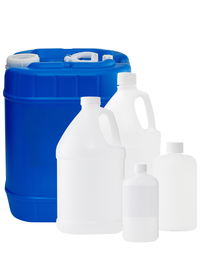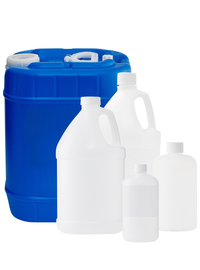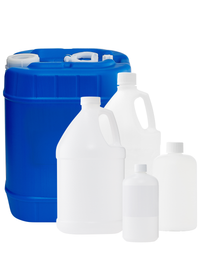Propylene Glycol
Propylene Glycol
Alcohol That Absorbs Water And Mixes Completely With Many Solvents
About Propylene Glycol
Propylene glycol is sometimes called alpha-propylene glycol, or by its IUPAC name, 1,2-propanediol, to distinguish it from its isomer, 1,3-propanediol. It is an odorless, tasteless, colorless, viscous liquid at room temperature. It may be synthesized from the substrate propylene oxide, or via fermentation of sugars. Although it is produced synthetically, it may also occur in small amounts via fermentation of sugars in the gut.

Propylene glycol is a chiral molecule, and the racemic mixture is used for most applications. Because it has low toxicity and GRAS (Generally Recognized As Safe) status from the USDA, it is a common additive in foods, particularly as a carrier for flavors and colorants, or as an emulsifier. It is also used in pharmaceuticals and cosmetics, especially as an emollient, an emulsifier, or as a carrier for bioactive compounds. Polymer production accounts for 45% of all propylene glycol applications. Other miscellaneous applications include use in anti-freeze solutions (especially those at risk of coming into contact with foods or pharmaceuticals), and production of artificial smoke/fog for theatrical or firemen training purposes.
Common Uses and Applications
- Polymer production
- Antifreeze
- Cosmetics
- Food additive
- Carrier solvent for flavors and pharmaceuticals
- Emulsifier
- Emollient
- Artificial smoke/fog
Industries
- Pharmaceutical & Nutraceutical
- Personal Care & Cosmetics
- Food & Beverage
- Plastics industry







